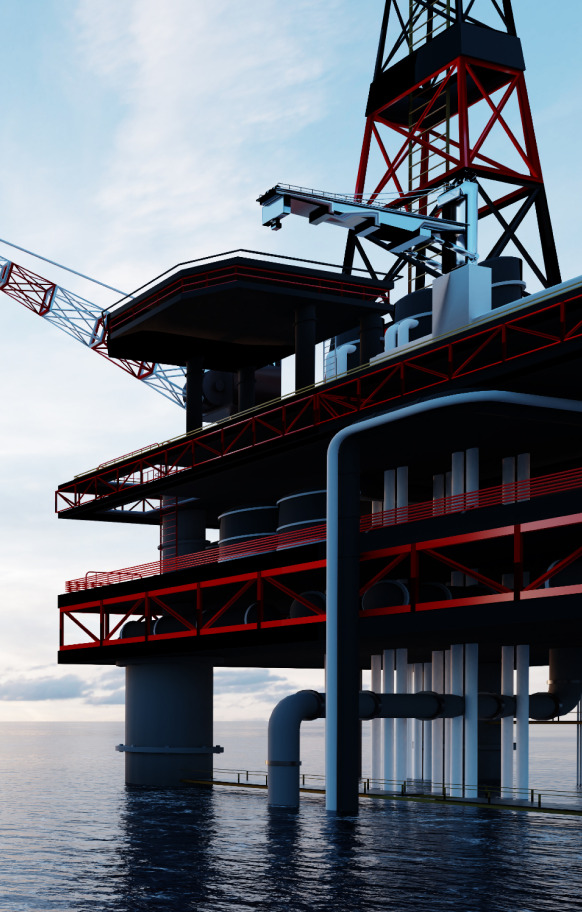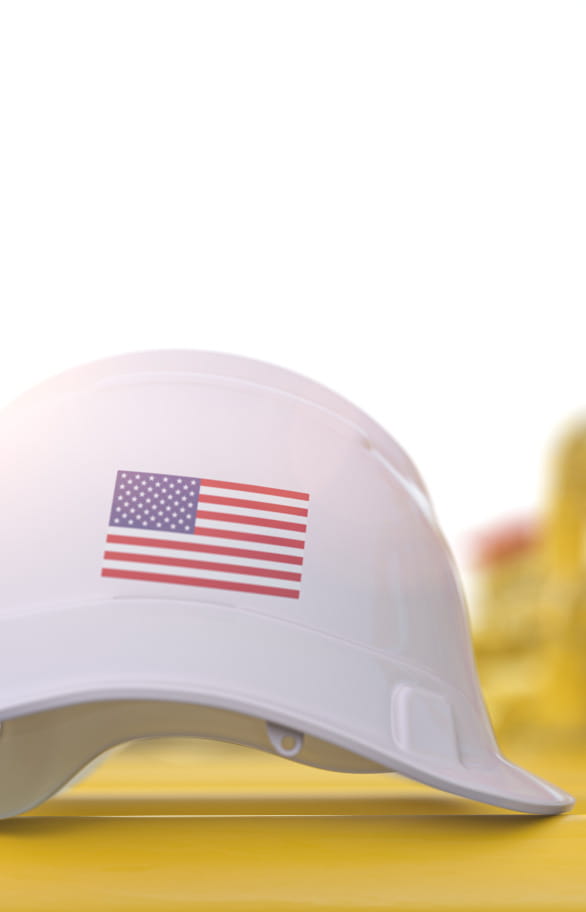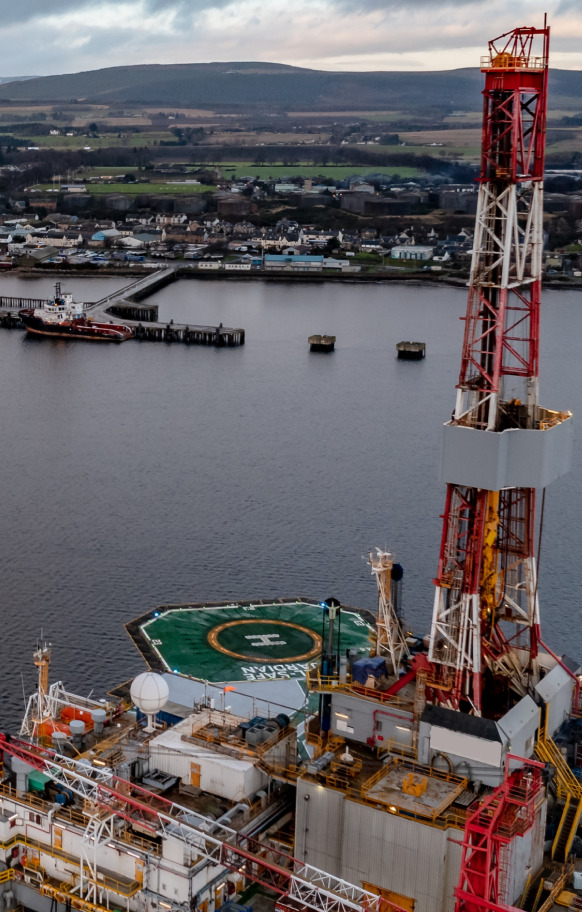API Standards

Trending Standards
Browse these trending and timely standards, critical to the safety and integrity of your operations.
API STD 1104
This standard covers the gas and arc welding of butt, fillet, and socket welds in carbon and low-alloy steel piping used in the compression, pumping, and transmission of crude petroleum, petroleum products, fuel gases, carbon dioxide, nitrogen and, where applicable, covers welding on distribution systems. It applies to both new construction and in-service welding. The welding may be done by a shielded metal-arc welding, submerged arc welding, gas tungsten-arc welding, gas metal-arc welding, flux-cored arc welding, plasma arc welding, oxyacetylene welding, or flash butt welding process or by a combination of these processes using a manual, semiautomatic, mechanized, or automatic welding technique or a combination of these techniques. The welds may be produced by position or roll welding or by a combination of position and roll welding. This standard also covers the procedures for radiographic, magnetic particle, liquid penetrant, and ultrasonic testing, as well as the acceptance standards to be applied to production welds tested to destruction or inspected by radiographic, magnetic particle, liquid penetrant, ultrasonic, and visual testing methods. It is intended that all work performed in accordance with this standard shall meet or exceed the requirements of this standard.
API STD 650
This standard establishes minimum requirements for material, design, fabrication, erection, and inspection for vertical, cylindrical, aboveground, closed- and open-top, welded storage tanks in various sizes and capacities for internal pressures approximating atmospheric pressure (internal pressures not exceeding the weight of the roof plates), but a higher internal pressure is permitted when additional requirements are met. This standard applies only to tanks whose entire bottom is uniformly supported and to tanks in non-refrigerated service that have a maximum design temperature of 93 °C (200 °F) or less. This standard provides industry with tanks of adequate safety and reasonable economy for use in the storage of petroleum, petroleum products, and other liquid products. This standard does not present or establish a fixed series of allowable tank sizes; instead, it is intended to permit the Purchaser to select whatever size tank may best meet his or her needs. This standard is intended to help Purchasers and Manufacturers in ordering, fabricating, and erecting tanks; it is not intended to prohibit Purchasers and Manufacturers from purchasing or fabricating tanks that meet specifications other than those contained in this standard.
API SPEC 6A
This document specifies requirements and gives recommendations for the performance, dimensional and functional interchangeability, design, materials, testing, inspection, welding, marking, handling, storing, shipment, purchasing, repair and remanufacture of wellhead and christmas tree equipment for use in the petroleum and natural gas industries. This document does not apply to field use, field testing or field repair of wellhead and christmas tree equipment. This document is applicable to the following specific equipment: wellhead equipment (casing head housings, casing head spools, tubing head spools, cross-over spools, multi-stage head housings and spools); connectors and fittings (cross-over connectors, tubing head adapters, top connectors, tees and crosses, fluid-sampling devices, adapter and spacer spools); casing and tubing hangers (mandrel hangers, slip hangers); valves and chokes (single valves, multiple valves, actuated valves, valves prepared for actuators, check valves, c
API SPEC 5CT
This standard specifies the technical delivery conditions for steel pipes (casing, tubing, and pup joints), coupling stock, coupling material, and accessory material, and establishes requirements for three product specification levels (PSL-1, PSL-2, PSL-3). The requirements for PSL-1 are the basis of this standard. The requirements that define different levels of standard technical requirements for PSL-2 and PSL-3, for all grades except H-40, L-80 9Cr, and C110, are provided. For pipes covered by this standard, the sizes, masses, and wall thicknesses, as well as grades and applicable end-finishes, are provided. By agreement between the purchaser and manufacturer, this standard can also be applied to other plain-end pipe sizes and wall thicknesses. The products to which this standard is applicable include the following grades: H40, J55, K55, N80 all types, L80 all types, C90, R95, T95, P110, C110, and Q125. This standard is applicable to the following connections in accordance with API Spec 5B: • short round thread casing (STC); • long round thread casing (LC); • buttress thread casing (BC); • extreme-line casing (XC); • non-upset tubing (NU); • external upset tubing (EU); • integral joint tubing (IJ). For such connections, this standard specifies the technical delivery conditions for couplings and thread protection. Supplementary requirements that can optionally be agreed for enhanced leak resistance connections (LC) are provided. This standard can also be applied to tubulars with connections not covered by API standards. This standard is not applicable to threading requirements.
API SPEC 5L
Specifies requirements for the manufacture of two product specification levels (PSL 1 and PSL 2) of seamless and welded steel pipes for use in pipeline transportation systems in the petroleum and natural gas industries. This specification is not applicable to cast pipe.
API SPEC Q1
This specification establishes the minimum quality management system requirements for organizations that manufacture products or provide manufacturing-related processes under a product specification for use in the petroleum and natural gas industry. This specification specifies requirements of a quality management system for an organization to demonstrate its ability to consistently provide reliable products and manufacturing-related processes that meet customer and legal requirements. This specification specifies requirements of a quality management system for an organization to demonstrate its ability to consistently provide reliable products and manufacturing-related processes that meet customer and legal requirements. The quality management system requirements specified in this specification are in alignment with the clause requirements and format of document used for the provision of services and use of service-related product (API Q2).
Latest News on Standards
Test
Standards Catalog
The standards catalog lists all API Standards, recommended practices and other technical documents by industry segment.


